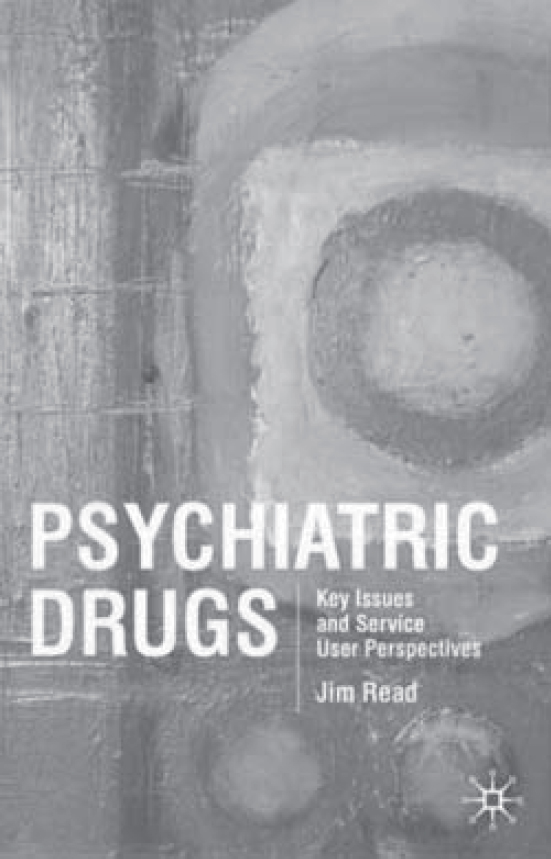
This book is a welcome addition to the debate about the value and purpose of medication. It takes a particular user perspective and challenges assumptions about the very need for medication.
The reasons users do and do not take medication are numerous and swirl into questions of self, identity and autonomy. They are tangled up with illness and belief, with politics and safety, with respect for our bodies and the preservation of our minds.
This book makes many points about the value of medication and questions users’ reliance on and faith in it. It looks at the experiences of different communities, examines research into users’ views and records the experiences of coming off medication. It is an important publication for people who want to reflect on their own practice and beliefs about medication.
The book is written clearly but from a challenging perspective. It highlights arguments about the negatives of medication but without much attempt to give any other view. It quotes liberally from such stalwarts of antipsychiatry as Peter Breggin and other sceptics of current psychiatric practice. It comes from the ethos of the traditional English user movement which, with some justification, sets out a polarised world between psychiatric practitioners and those that receive their help. It is a world in which appeals for dialogue and partnership are made by both sides but sometimes with little apparent understanding of the differing needs of various parties. The book barely touches on the emotional as well as less understood and less tangible reasons of why people resist medication, and instead concentrates on arguments and research based on the evidence of efficacy and negative side-effects. This means that large areas of the user experience are ignored.
After an initial shaky start, the book became a compelling read, but I did sense that it could easily become a handbook for the disaffected. It is good that those who have little control over their lives can gain arguments and information from their own community but at the same time it is alarming, as this seemed so partial. I would much prefer to read a book that was either openly anti-medication or one written jointly from a pro-medication and a sceptical perspective.



eLetters
No eLetters have been published for this article.